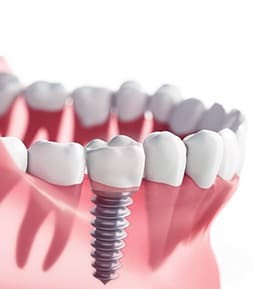Temporomandibular Joint Disorders in Charlotte Understanding and Finding Relief
Temporomandibular Joint (TMJ) disorders are common conditions affecting the jaw joint and surrounding muscles, causing pain, discomfort, and difficulty with daily activities such as chewing or speaking. Residents of Charlotte who experience symptoms such as jaw pain, headaches, or limited jaw movement may be suffering from a TMJ disorder. Understanding the causes, symptoms, and available treatments for TMJ disorders is essential for finding relief and improving your quality of life. Here’s what you need to know about TMJ disorders in Charlotte and how to manage them.
What Are Temporomandibular Joint Disorders?
The temporomandibular joints are the hinges that connect your jaw to your skull. They are located just in front of your ears and allow your mouth to open and close. When these joints or the muscles controlling them become dysfunctional, it can lead to temporomandibular joint disorders (TMD). TMD can result from a variety of factors, including injury, teeth grinding, jaw misalignment, or arthritis.
Common symptoms of TMD include:
Jaw pain or tenderness
Pain around the ear or face
Difficulty or discomfort while chewing
Clicking or popping sounds when moving the jaw
Headaches or neck pain
Limited range of motion in the jaw
What Causes TMD?
While the exact cause of TMD can vary, several factors contribute to its development. These include:
Jaw Injury or Trauma: Accidents or falls that cause damage to the jaw can result in TMD.
Teeth Grinding and Jaw Clenching: Stress-related habits like grinding teeth or clenching the jaw can strain the temporomandibular joints.
Arthritis: Conditions such as osteoarthritis or rheumatoid arthritis can affect the TMJ, leading to inflammation and pain.
Misalignment of Teeth or Jaw: An improper bite or misaligned teeth can lead to excessive strain on the jaw joint.
Treatment Options for TMD in Charlotte
If you're experiencing symptoms of TMD in Charlotte, it’s important to seek treatment to alleviate pain and prevent further damage to the joints. Treatment options can vary depending on the severity of the condition and the underlying cause. Common treatments include:
Physical Therapy: Specialized exercises can help improve jaw mobility and reduce pain.
Mouthguards or Splints: These dental devices can help prevent teeth grinding and jaw clenching, both of which contribute to TMD.
Medications: Over-the-counter pain relievers, anti-inflammatory medications, or muscle relaxants may be prescribed to manage pain and inflammation.
Lifestyle Changes: Stress management techniques, such as meditation or relaxation exercises, can help reduce jaw tension.
Surgical Options: In rare cases, surgical intervention may be required if other treatments do not provide relief.
In Charlotte, several dental professionals, oral surgeons, and physical therapists specialize in diagnosing and treating TMJ disorders. It’s essential to consult with a healthcare provider to determine the most appropriate treatment plan for your condition.
For more info :-

Comments
Post a Comment